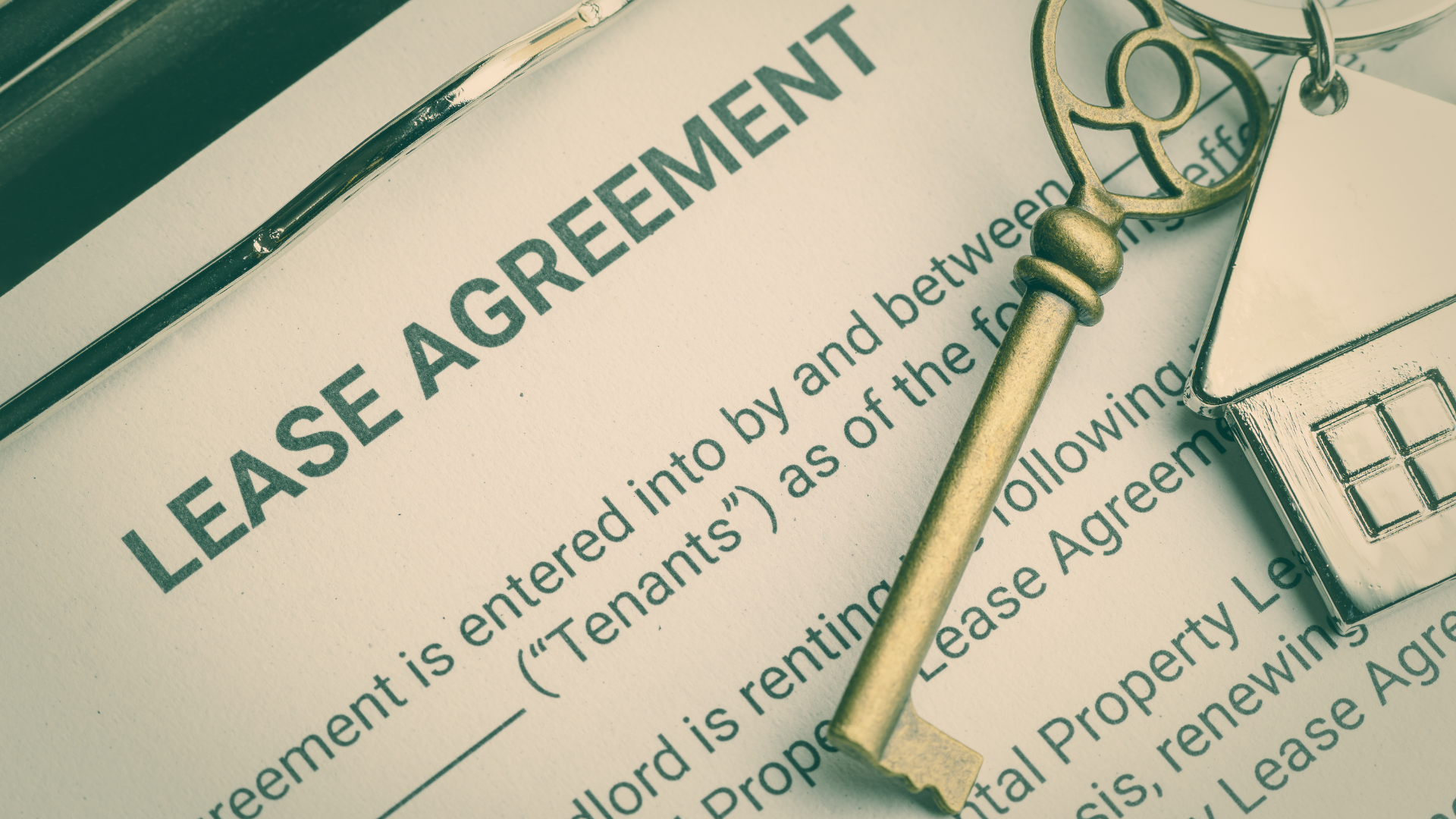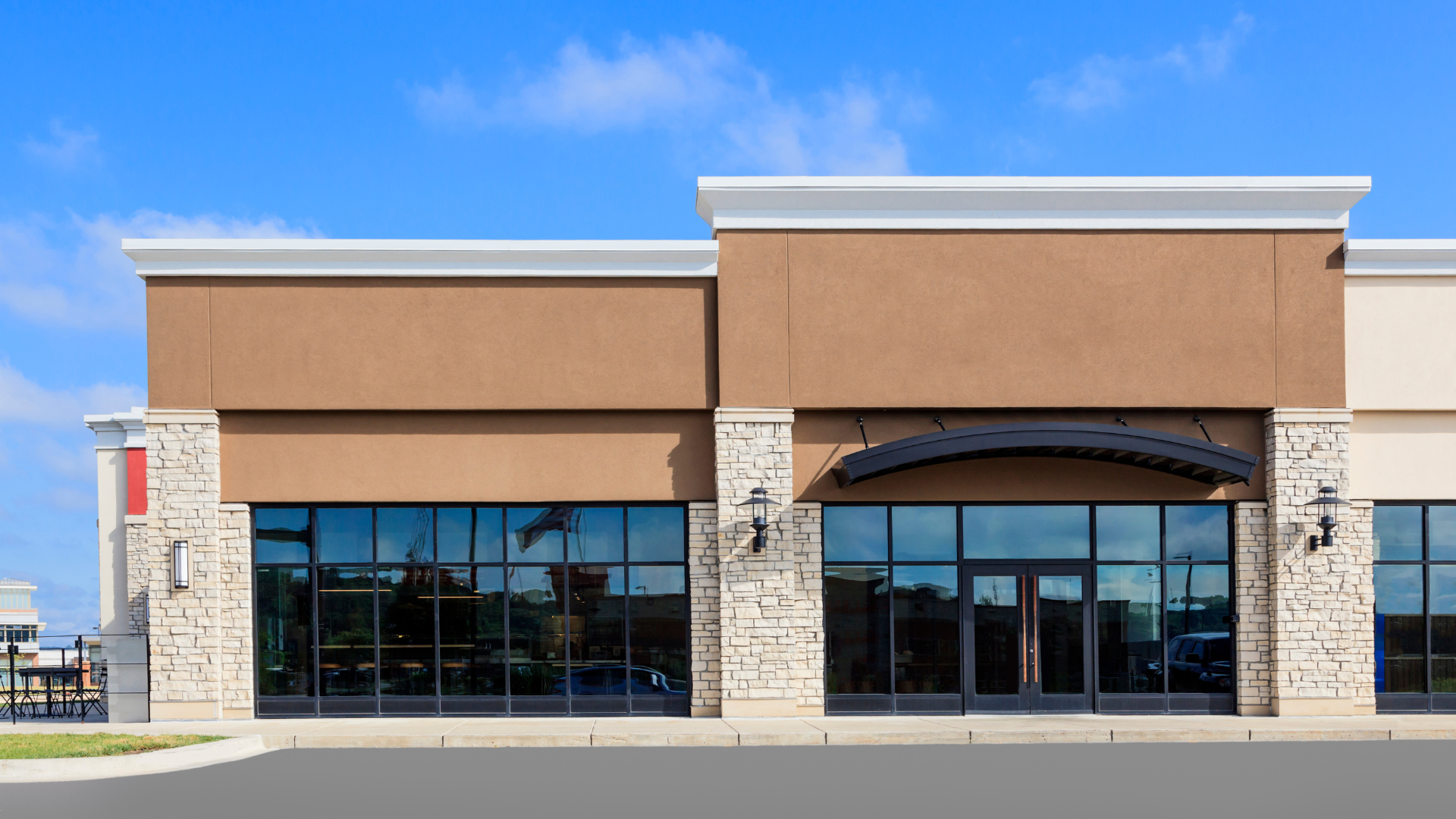March 27, 2024
Quick Summary Before You Read.....
Question: What is a Double Net (NN) Lease, and how does it benefit both commercial real estate investors and tenants?
Answer: A Double Net Lease (NN) is a commercial lease structure where tenants pay base rent along with property taxes and building insurance, while landlords handle structural maintenance and major repairs. This arrangement offers tenants potentially lower base rents and greater control over certain expenses, while providing landlords with more predictable income and reduced operational responsibilities. It's a balanced option commonly used in retail, office, and warehouse leases.
For a detailed exploration of these questions and insights from CIP Texas, you can read the full article here

Double Net Lease: A Strategic Guide for Investors and Tenants
How you structure a lease can be a game-changer for both the property owner and the tenants in commercial real estate. It's like setting the rules for a partnership where both sides need to understand the financial play. The Double Net Lease, or as the insiders call it, NN, stands out as a clever way to share costs between the landlord and the tenant. This guide will cover the nitty-gritty of Double Net Leases, shed some light on their structure, perks, and things to watch out for. We also highlight the differences between the NN and NNN lease. Our hope is to provide insights for both investors and tenants. Let’s get into it!
What is a Double Net Lease?
Imagine a lease agreement that's not just about paying rent, but also involves the tenant picking up the tab for a couple of major property costs. That's your
Double Net Lease. Here, the tenant agrees to cover property taxes and the building's insurance, on top of their rent. This leaves the landlord with the responsibility for the big stuff, like making sure the roof doesn't leak, the walls stand strong, and the foundation holds up. It's a middle-of-the-road approach that splits the difference between leases that put almost everything on the tenant and those that leave much of the cost with the landlord. Double Net Leases are the go-to for many commercial spots like
shops,
office blocks, and
warehouses. This structure offers a blend of predictability for the landlord and potential savings on rent for the tenant.
Key Features of the NN Lease
The essence of a Double Net Lease is all about dividing up costs and duties so both the tenant and the landlord know what they're signing up for. Here's some key features to be aware of:
Rent and Core Expenses:
The tenant pays the base rent plus two major property-related expenses. These expenses are typically property taxes and building insurance premiums. This structure allows for a more predictable cost base for tenants while establishing that landlords can cover significant property expenses without dipping into rental income.

Tenant Responsibilities:
Property Taxes: Tenants are responsible for paying the property taxes for the leased space directly to the relevant governmental authorities. This confirms that the property remains in good legal standing regarding tax obligations.
Building Insurance: Tenants also pay for the building insurance. This covers the property against damages from insured risks like fire, theft, and natural disasters. However, the tenant’s responsibility might be limited to the insurable value or premiums associated with the building itself, not including the landlord's personal property or liability insurance.
Landlord Responsibilities:
Structural Repairs and Maintenance: The landlord is responsible for structural repairs and maintenance. This can include items such as the roof, walls, foundation, and potentially common areas. Furthermore, helping the property maintain its value and functionality over time.
Operational Costs: In most double net leases, the landlord may still be responsible for other operational costs that are not explicitly passed on to the tenant, such as maintenance of common areas (if not included in the structural maintenance clause).
Lease Term:
Double net leases are often long-term agreements, lasting several years. This provides stability for the landlord in terms of occupancy and for the tenant in terms of predictable operating costs and the security of a fixed location for their business operations.
Flexibility and Negotiation:
While the basic structure of a double net lease is standardized, the specifics can vary widely based on negotiation between the tenant and landlord. This might include caps on annual increases in property taxes and insurance, specific maintenance responsibilities, and other operational nuances.

Potential for Lower Rent:
Given the additional financial responsibilities taken on by the tenant, the base rent in a double net lease might be lower compared to other lease types (such as a gross lease), where the landlord absorbs all or most of the property expenses.
NN vs. NNN Leases: The Showdown
When you pit Double Net Leases against
Triple Net Leases, the main event is about who pays for what. NN leases share the cost burden, with tenants handling taxes and insurance while landlords deal with the big repairs. NNN leases go a step further, putting almost all property-related costs on the tenant. Each has its attractions and drawbacks, with landlords weighing the predictability of income against maintenance responsibilities, and tenants balancing lower rent against taking on more of the property's financial upkeep.
Choosing between NN and NNN leases boils down to how much control and financial responsibility each party is willing to take on. It's about finding the sweet spot that aligns with their commercial real estate strategy, aiming for a partnership that benefits both sides in the long run. Here’s a closer look at how this decision shapes the journey for each party:
- For Landlords: The allure of a Double Net Lease lies in maintaining a balance. You get a steady income flow by passing on some significant costs to the tenant, yet you keep a hand on the wheel when it comes to the property’s structural integrity. It’s about not letting go completely, making sure the property doesn’t just stay occupied but also stays in top-notch condition. On the flip side, a Triple Net Lease is the ultimate hands-off approach. It's attractive for those who prefer to watch from a distance, guaranteeing a predictable income without the day-to-day hassles of property maintenance. However, the challenge is finding tenants ready to embrace the full spectrum of responsibilities, which might mean more effort in filling vacancies.
- For Tenants: A Double Net Lease can be the sweet spot if you’re looking for a bit of a break on your rent in exchange for taking on some property expenses. It’s a bit like having a say in how some of your lease money is spent, especially when it comes to insurance costs. However, this model does mean you need to be ready for the additional financial responsibilities and the possibility of variable costs like fluctuating property taxes. On the other hand, a Triple Net Lease puts you in the driver’s seat, giving you full control over the property's expenses. It's ideal for tenants who want the freedom to manage costs and make decisions that could potentially save money in the long run, though it comes with the challenge of managing all property-related expenses, including those unexpected repairs.
The Bottom Line
In wrapping up the ins and outs of Double Net Leases, it's clear that while they offer a unique blend of opportunities and considerations for both
landlords and tenants, success lies in understanding and navigating these dynamics effectively. For landlords, the allure of steady income and lower operational expenses is balanced against the responsibility for structural upkeep. For tenants, the advantage of lower upfront costs and some control over expenses comes with the need to budget for variable additional costs. By carefully weighing these aspects and negotiating terms that align with their long-term objectives, both parties can forge a mutually beneficial relationship, turning the Double Net Lease into a strategic tool for achieving their
commercial real estate goals.



